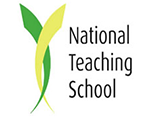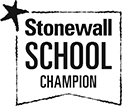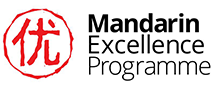Online SAFETY
Online Safety
We are committed to ensuring that students are safe when using the internet at Fortismere. However, most internet usage takes place outside of school so we ask all parents/carers to be interested, supportive and vigilant to their child's usage. This page has been designed to give you information that will support you in this role.
The school's Online Safety policy sets out our approach to online safety and the robust processes we have in place to ensure the online safety of students and our school community.
We will teach students about online safety and focus on the knowledge and behaviours that can help them to navigate the online world safely and confidently and to have an understanding of the risks and harms online.
What is my child doing online through social networking?

When online, children and young people can learn new things, get help with their homework, express themselves creatively and connect with friends and family. There are also risks, but by understanding and talking about the dangers you can help keep your child safe online.
We have put together some resources that will help you understand more about the risks to young people online and how you can help your child to stay safe:
- Supporting young people online
- How to start a conversation with your child about the risks online
- Useful facts for parents/carers
If you are a parent or carer, please read this useful guide about cyberbullying, produced by the Department for children, schools and families. The guide tells you how to prevent and report cyberbullying.
Please also visit the Think u know website, created by CEOP (Child Exploitation and Online Protection centre), which has advice for parents and carers about a wide range of issues, including the risks that children face online and how you can minimise them. You can also read this online safety checklist for parents and carers, produced by CEOP. You can also find updated information from CEOP via our Safeguarding page.
Barnardos has produced an interesting report on Digital Dangers
Childnet also produces helpful information and online resources that cover different topics, such as staying safe on social media, online gaming and where to get help and advice.
If you are a student, visit the safety net website, which has lots of practical tips about staying safe online at home and at school.
The information provided on this page will provide information and support to ensure that your child stays safe online.
If you wish to report any harmful content or would like further information on specific types of content and sites then Report Harmful Content is a useful website.

Facebook
The biggest Social Network sees many young people sharing information to the public. The following guides help to ensure privacy is protected.
Facebook, Instagram, and Social
A Parents' Guide to Facebook
Facebook Advice for Parents and Young People
Social Networking Evaluation Chart










